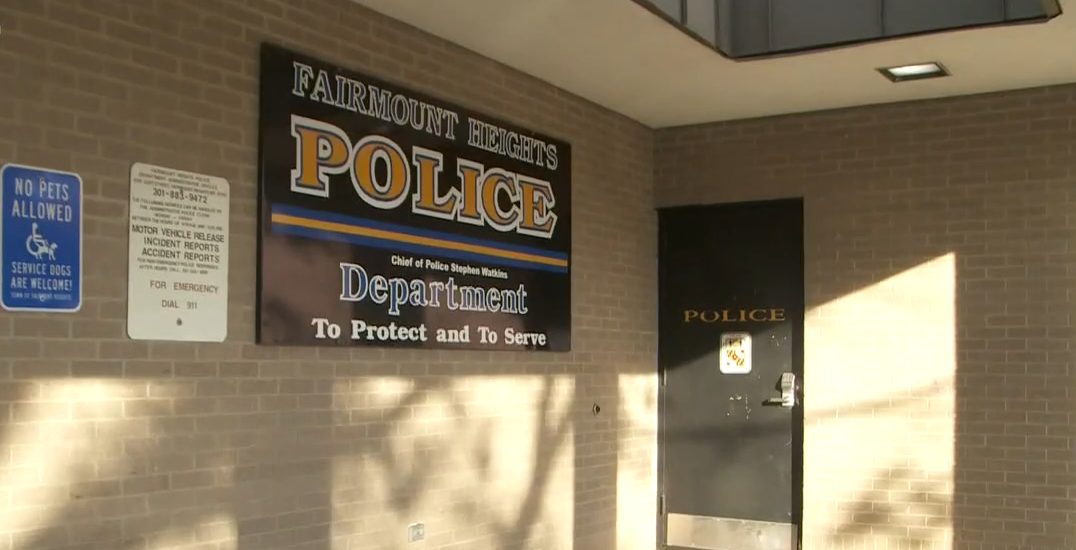Julian Assange’s extradition trial in London this fall revealed the lengths to which the US government was willing to go to secure the return of the WikiLeaks founder to America.
It also threw light on a disturbing abuse of process in the English courts.
Assange was indicted in federal district court in Virginia in 2019 on 17 counts of violating the 1917 Espionage Act by “unlawfully obtaining and disclosing classified documents related to the national defense,” as well as for conspiring to hack into a Pentagon computer network.
If the British court approves Assange’s extradition and he’s found guilty, he could be sentenced to as much as 175 years in a maximum-security prison under “Special Administrative Measures,” a particularly cruel version of solitary confinement.
Assange was indicted for spying, but Washington may have engaged in a bit of its own espionage in order to secure his extradition.
In the month-long extradition trial, held in London’s Central Criminal Court, anonymous witnesses who had worked for a Spanish security firm testified that the firm, UC Global, bugged Assange when he was living in the Ecuadorean Embassy in London—and that UC Global passed on the information it gathered to US intelligence.
Read rest of story here.








